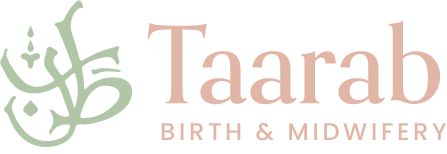Lactation Visits with an IBCLC include:
Assessment
Detailed medical, family and personal history of both lactating parent(s) and baby/toddler
Physical assessment of chest/breasts to evaluate nipple shape, chest/breast anatomy, nipple damage, etc.
Physical assessment of baby’s oral cavity to identify any abnormalities in tongue, palate, suck reflex, etc.
Observation of breast/chest or bottle feeding
Weight check using a precise neonatal scale designed to weigh premature infants and babies having difficulty gaining weight. I may use this scale if milk transfer is one of the issues you are concerned with as it is extremely helpful in determining milk intake. Its measurement accuracy is 0.1oz up to 12lbs and 0.2oz up to 33lbs.
Management
Address any of the following issues:
Positioning (including after a Cesarean birth, how to position twins, etc.)
Latch
Milk transfer
Fast flow
Oversupply
Undersupply
Inadequate weight gain
Engorgement
Plugged ducts
Chest/Breast infection/mastitis
Mammary hypoplasia
Chest/Breast surgeries and feeding
Bottle feeding techniques (paced-bottle feeding, etc.)
Nipple yeast
Oral thrush in baby
Restriction in tongue, such as tongue-tie (ankyloglossia)
Hypotonia in baby
Torticollis
Tandem nursing with an older child
Toddler nursing
Weaning
Pumping (going back to work, scheduling pumping throughout the day)
Use of galactagogues
Referrals to relevant practitioners if the breast/chest feeding issue presenting is beyond IBCLC scope
Plan
A plan of care will be developed with your input, making sure that the plan suits you and your family’s individual situation.
Phone, text, email support available at all times after our first visit and until you feel confident in your chest/breastfeeding relationship or particular situation.
Follow-up visits may be necessary for some families. If that is the case, a reduced rate is offered.

